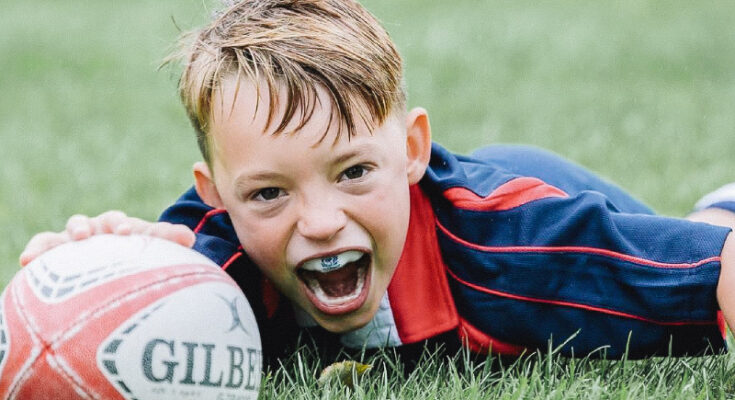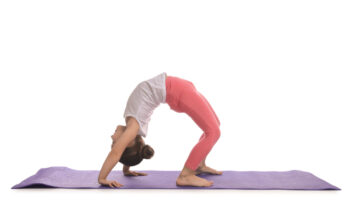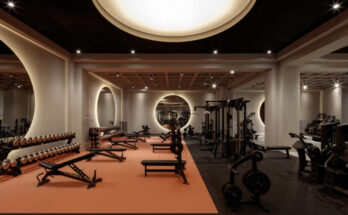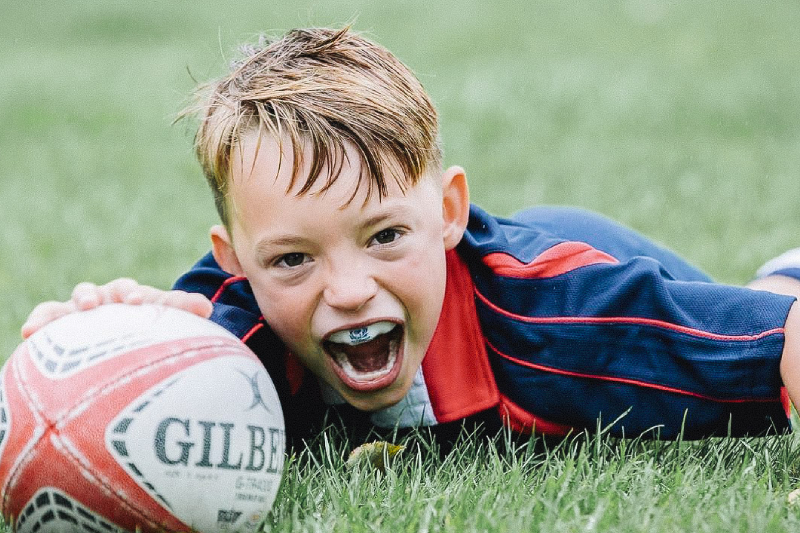
It is more common for athletes to have oral health problems than the general population. Doctors highly recommend that athletes take care of their teeth, no matter what sports athletes engage in. Tooth decay is also a common occurrence in athletes due to their frequent exposure to sugary substances. The following are a few insights shared by a dental hospital in Medavakkam about athletes’ most common injuries and a few preventive care tips for them. Find out more here.
Common Dental Injuries That Athletes Are Prone To
Tooth crack/ fracture
A tooth may be cracked or fractured when an athlete receives a blow to the face. A cracked tooth may not be visible to the naked eye. If you have a tooth crack that extends beyond the gum line, you may need a tooth extraction or root canal treatment. If a tooth is fractured at an oblique angle, the visible surface of the tooth is affected. A tooth fracture can result in infection in the pulp, which can result in tooth loss.
Knocked off teeth
Sports-related tooth loss can occur due to knocked-out teeth, but some injuries can cause teeth to be driven back into the jawbone. It can cause tooth pulp to die or be damaged beyond repair. Even though there is little chance of being hit in the teeth, falling and hitting the hard ground is possible. A tooth that is knocked out of the mouth may cause significant pain and bleeding.
Tooth chipping
Teeth chips, fractures, and other dental injuries can occur as a result of the sports-related impact. When a tooth is fractured, the dentine beneath the enamel is exposed, and the tooth becomes more sensitive to touch, temperature, and air. A tooth’s dentin and pulp are visible when the enamel is lost.
Tooth intrusion
Tooth intrusion occurs when an injury forces the tooth into the socket, causing a fracture of the jaw bone. This can happen by a powerful impact, causing the periodontal ligament to be torn.
If you suffer any of the dental injuries listed above, you should schedule an appointment with your dentist as soon as possible.
Here are a few essential dental care practices that the best dental clinic in Medavakkam recommends to athletes.
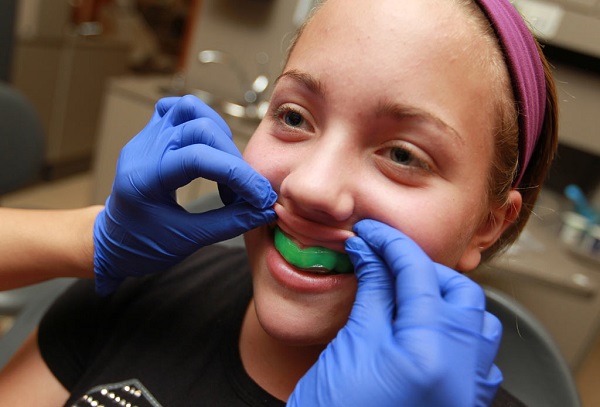
General Dental care for Athletes
Use of mouthguards
Athletes are more susceptible to dental trauma than the general population. The doctor recommends wearing a mouthguard for any sport that requires them. A mouthguard can protect athletes from chipping or losing a tooth. Although modern dentistry can repair most tooth injuries sustained while participating in sports, mouthguards are still important.
Drinking plenty of water
Drinking sports drinks can cause cavities because the bacteria in your mouth break down the sugar to produce acid. Doctors say professional athletes don’t drink sports drinks because their diets are so well-managed. Drink plenty of water and keep up with your dental hygiene routine to avoid the negative effects of dry mouth.
Intake proper diet
Athletes consume high-carbohydrate meals to prepare for competitions, but these meals can cause tooth decay. Athletes should maintain good oral health by wearing protective gear and eating healthy foods.
Avoid stress
When it comes to sports injuries, a tooth in poor health is more likely to be damaged than a tooth in good health. Stress can cause athletes to vomit, clench and grind their teeth without realising it, and even cause TMJ issues.
How can a mouthguard protect your teeth?
Mouthguards protect the teeth and increase the space available in the temporomandibular joint, which helps prevent concussions by increasing the amount of space available in the joint. Mouthguards are designed to protect your teeth from being hit by a ball or falling while participating in contact sports.
You can obtain a custom-fitted mouthguard by visiting your dentist. It is highly recommended to wear mouthguards when cycling, skating, or skiing. Swimming poses little risk of tooth fracture, but you should still take precautions to keep your mouth safe if you plan to spend extended periods in the pool.
Dental Test for Qualification for Gymnasts
The doctor estimates the ages of older adolescents by observing the eruption patterns of their teeth. The accuracy of age estimation by dentition depends on the age of the subject. However, dentists believe that dental charts are the best way to determine age, not dentition. With doctors acknowledging that the current methods of estimating age are “insufficiently accurate”, few alternative methods are being developed.
Wrapping up:
In athletes, dental injuries can result in serious complications. They must receive treatment as soon as possible. Keep your oral health intact by following the precautions listed above.

